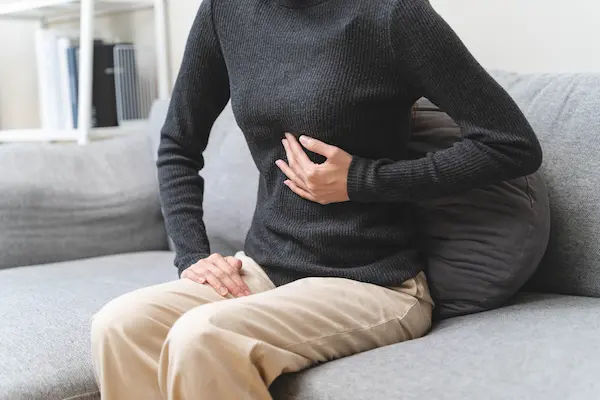Minimum Age for Heart Attacks in India
Know about the minimum age of heart attack in India, reasons, symptoms to identify it and how to reduce the risk of heart attacks.
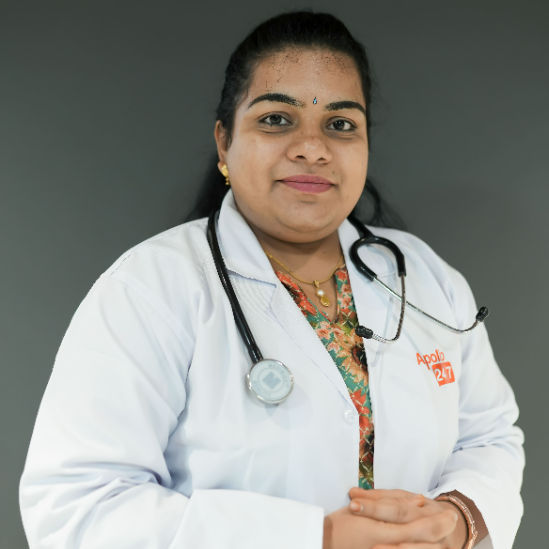
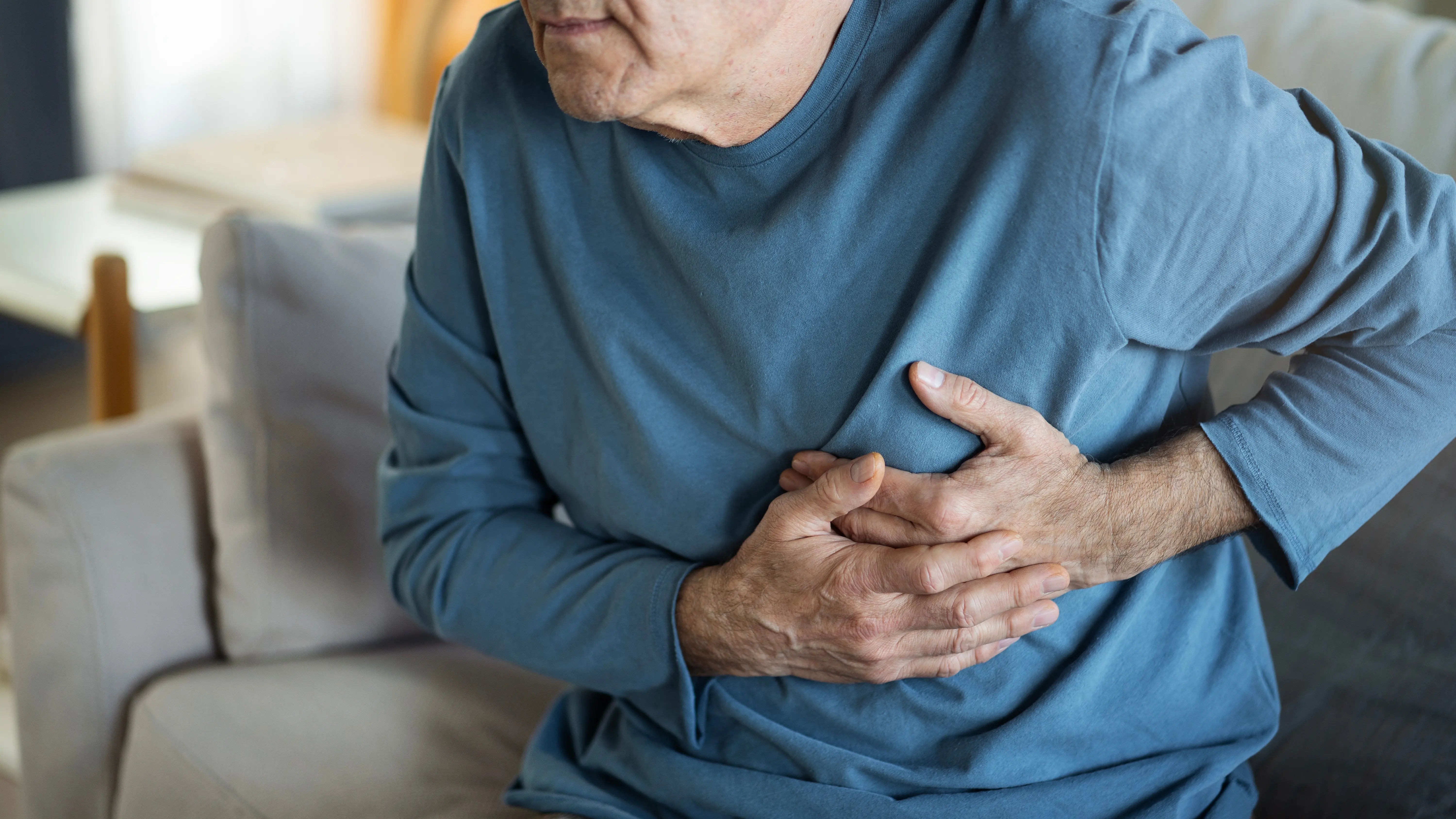
Introduction
Heart attacks, once considered a problem affecting older adults, are now increasingly striking younger individuals in India. This alarming trend has raised concerns about the minimum age for heart attacks and the factors contributing to this shift. If you're worried about your heart health or know someone at risk, this article will help you understand why heart attacks are happening at younger ages and what you can do to protect yourself.
What is the Minimum Age for Heart Attacks in India?
Traditionally, heart attacks were seen in people above 50 or 60 years. However, recent studies show that Indians as young as 25-30 are experiencing heart attacks. Some key findings:
- 1 in 4 heart attack patients in India is under 40.
- Men are more prone to early heart attacks than women.
- Urban populations face higher risks due to lifestyle factors.
This means heart disease is no longer just an "old age" problem—it can affect anyone, even those in their 20s and 30s.
Why Are Heart Attacks Happening at Younger Ages?
Several factors contribute to early heart attacks in India:
1. Poor Diet
- Excessive consumption of processed foods, fried snacks, and sugary drinks leads to obesity, high cholesterol, and diabetes—all risk factors for heart disease.
- Low intake of fruits, vegetables, and whole grains deprives the body of essential nutrients that protect the heart.
2. Sedentary Lifestyle
- Long hours of sitting in office jobs, screen time and lack of exercise weaken the heart and increase the risk of blockages.
- Less than 30 minutes of daily physical activity can contribute to poor heart health.
3. High Stress Levels
- Work pressure, financial stress, and personal issues lead to chronic stress, which raises blood pressure and damages arteries over time.
- Many young professionals ignore stress management, which can increase their heart attack.
4. Smoking and Alcohol Consumption
- Tobacco use (smoking or chewing) damages blood vessels and accelerates plaque buildup in arteries.
- Excessive alcohol raises blood pressure and contributes to heart disease.
5. Genetic Factors
A family history of heart disease increases the risk, especially if a parent or sibling had a heart attack before 55 (men) or 65 (women).
6. Undiagnosed Conditions
Many young Indians have uncontrolled diabetes, high blood pressure, or high cholesterol without knowing it, silently damaging their heart.
Consult cardiologist for Personalised Advice
Warning Signs of a Heart Attack in Young Adults
Heart attack symptoms can be different in younger people compared to older adults. Common signs include:
- Chest pain or discomfort (pressure, squeezing, or heaviness
- Pain spreading to the arms, jaw, neck, or back
- Shortness of breath (even without chest pain)
- Cold sweats, nausea, or dizziness
- Extreme fatigue (unexplained tiredness)
- Note: Some young patients experience mild or no symptoms, making early detection difficult.
How to Reduce Your Risk of Early Heart Attacks?
The good news is that 80% of heart attacks can be prevented with healthy lifestyle changes. Here’s what you can do:
1. Eat a Heart-Healthy Diet
- More: Fruits, vegetables, whole grains, nuts, fish, and lean proteins.
- Less: Fried foods, processed snacks, sugary drinks, and excessive salt.
2. Stay Active
- Aim for at least 30 minutes of exercise (walking, cycling, swimming) 5 days a week.
- Avoid sitting for long hours—take short breaks to stretch.
3. Manage Stress
- Practice yoga, meditation, or deep breathing exercises.
- Get 7-8 hours of quality sleep every night.
4. Quit Smoking & Limit Alcohol
- Stop smoking—seek help if needed.
- Limit alcohol to moderate levels (1 drink/day for women, 2 for men).
5. Regular Health Check-ups
- Get tested for blood pressure, cholesterol, blood sugar, and BMI at least once a year.
- If you have a family history of heart disease, start screenings earlier.
When to See a Doctor?
If you experience unusual chest pain, breathlessness, or extreme fatigue, don’t ignore it—seek medical help immediately. Early intervention can save lives.
Final Thoughts
Heart attacks are no longer just an "old age" problem—young Indians are at risk too. By adopting a healthy diet, staying active, managing stress, and getting regular check-ups, you can significantly reduce your risk.
Consult cardiologist for Personalised Advice
Consult cardiologist for Personalised Advice

Dr. Amit. A. Bharadiya
Cardiologist
12 Years • MBBS, MD General Medicine, DNB Cardiology, FSCAI
Maharashtra
Surabhi Hospital, Maharashtra, Maharashtra
Dr. Jayarajah Mariappan
Cardiologist
45 Years • MBBS, MD(GEN MEDICINE), DM(CARDIOLOGY)
Chennai
Sooriya Hospital, Chennai

Dr. Sumanta Chatterjee
Cardiologist
12 Years • MBBS,MD General Medicine,DM Cardiology
Kolkata
HealthYou Speciality Clinic & Diagnostics., Kolkata
(25+ Patients)
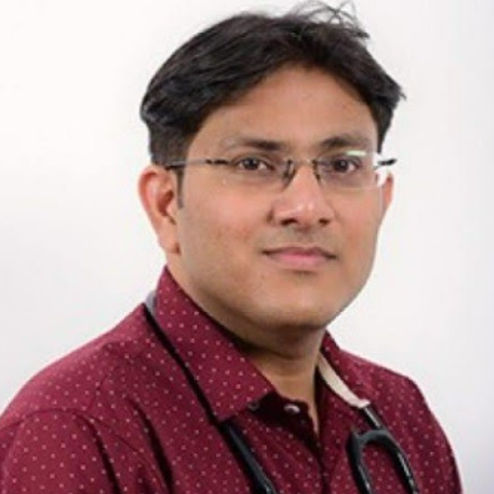
Dr. M Sudhakar Rao
Cardiologist
8 Years • MBBS, MD General Medicine, DM Cardiology
Bengaluru
UMC, Kormangla, Bengaluru
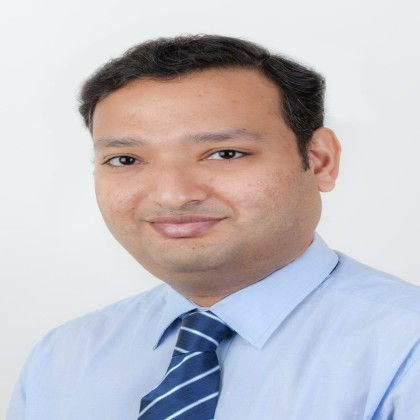
Dr. Mangesh Danej
Cardiologist
8 Years • MBBS, MD (General Medicine), DNB (Cardiology)
Pune
Dr Danej clinic, Pune
(375+ Patients)
Consult cardiologist for Personalised Advice

Dr. Amit. A. Bharadiya
Cardiologist
12 Years • MBBS, MD General Medicine, DNB Cardiology, FSCAI
Maharashtra
Surabhi Hospital, Maharashtra, Maharashtra
Dr. Jayarajah Mariappan
Cardiologist
45 Years • MBBS, MD(GEN MEDICINE), DM(CARDIOLOGY)
Chennai
Sooriya Hospital, Chennai

Dr. Sumanta Chatterjee
Cardiologist
12 Years • MBBS,MD General Medicine,DM Cardiology
Kolkata
HealthYou Speciality Clinic & Diagnostics., Kolkata
(25+ Patients)

Dr. M Sudhakar Rao
Cardiologist
8 Years • MBBS, MD General Medicine, DM Cardiology
Bengaluru
UMC, Kormangla, Bengaluru

Dr. Mangesh Danej
Cardiologist
8 Years • MBBS, MD (General Medicine), DNB (Cardiology)
Pune
Dr Danej clinic, Pune
(375+ Patients)
